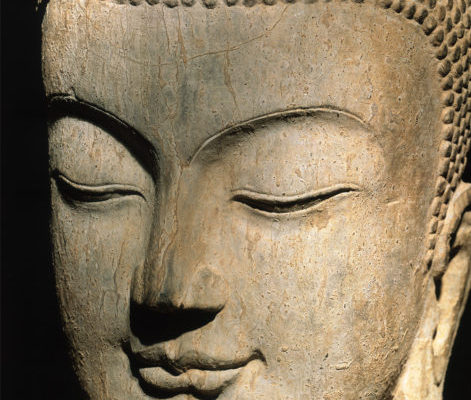The term Vedanta literally means “the end” of the Vedas (or sometimes referred to as “the cream” of the Vedas). The Vedas are the ancient sacred text of India. The term Veda means wisdom or knowledge. The Vedanta is comprised of specific texts referred to as the Upanishads. The Upanishads are considered “revealed” text, which is concerned with the knowledge of Brahman or ultimate reality.
The Advaita Vedanta system philosophically supports the concept of one absolute Reality without a second or non-dualism. There are four main Upanishads in the Advaita system, the Mundaka Upanishad, Isha Upanishad, Katha Upanishad and the Mandukya Upanishad. The illustrious sage Adi Shankaracharya is mainly responsible for propagating the Advaita philosophy throughout India around 800 BC. Shankaracharya re-established the monastic (Swami) orders, which many contemporary Traditions can trace their roots to.
